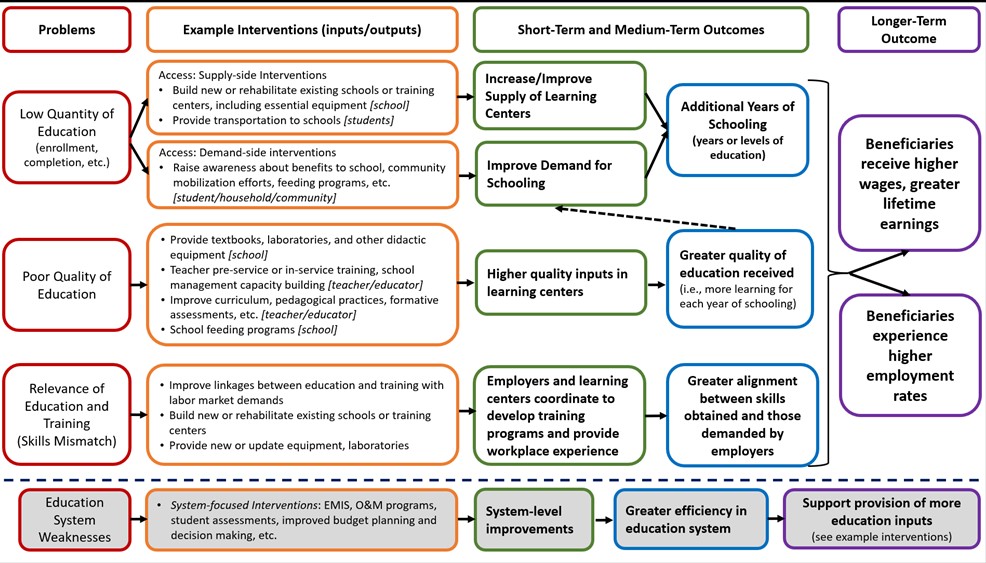
A groundbreaking study has revealed that emphasizing the strengths of socio-economically disadvantaged students can significantly improve their self-confidence and academic performance. This research, conducted by an international team led by Christina Bauer from the University of Vienna, challenges traditional deficit narratives and offers a fresh perspective on supporting underprivileged learners.
Reversing the Narrative
Typically, socio-economically disadvantaged individuals are portrayed as lacking in skills or potential. However, this study flips that script by highlighting the unique strengths these students possess. The researchers developed a text that emphasized qualities such as perseverance, problem-solving abilities, and resilience in facing challenges.
The Experiment
US students from disadvantaged backgrounds were presented with this empowering narrative and encouraged to reflect on their own strengths. Compared to a control group, these students exhibited a marked increase in self-confidence.
Long-Term Impact
In a follow-up experiment conducted over an entire semester at a US university, the positive effects were even more pronounced. Students who reflected on the strengths they had developed through their socio-economic experiences maintained higher levels of self-confidence throughout the academic term.
Beyond Self-Confidence
Perhaps most notably, the study found that this boost in self-confidence translated into tangible academic improvements. Students who participated in the strengths-focused exercises achieved better grades than their peers in the control group.
Challenging Societal Narratives
This research underscores the power of societal narratives in shaping individuals' self-perception and performance. By reframing disadvantage as a source of unique strengths, educators and policymakers may be able to unlock the full potential of students from all backgrounds.
A Call for Change
The study's findings suggest that a simple shift in perspective can have profound effects on student outcomes. As such, it challenges educational institutions and society at large to reconsider how they view and support socio-economically disadvantaged learners.
By recognizing and nurturing the strengths that arise from overcoming adversity, we may be able to create more equitable and effective educational environments for all students.